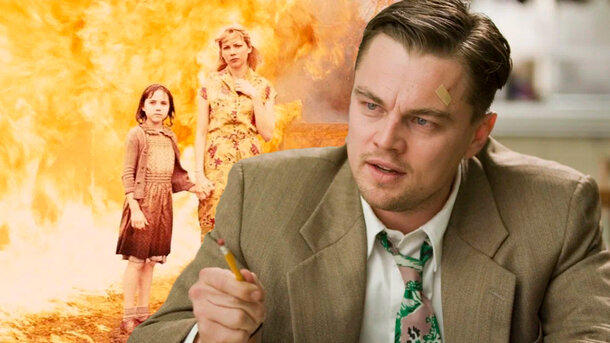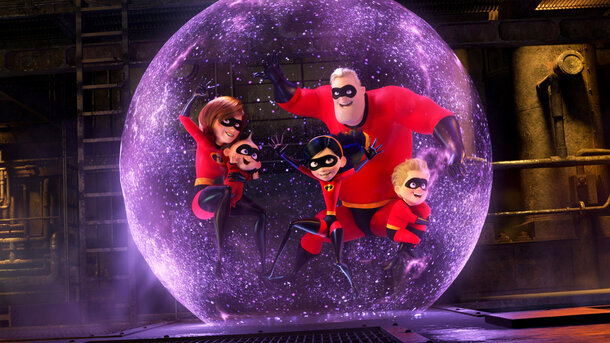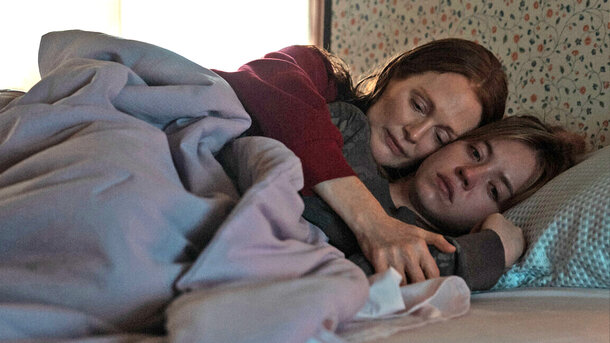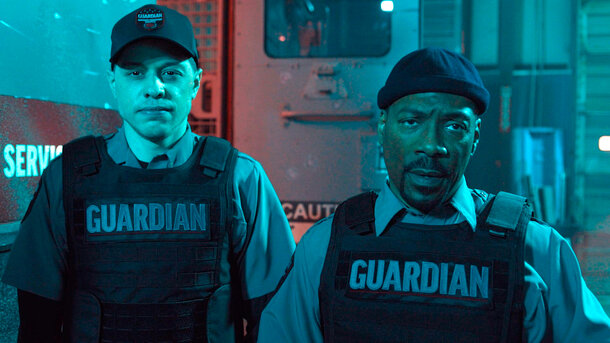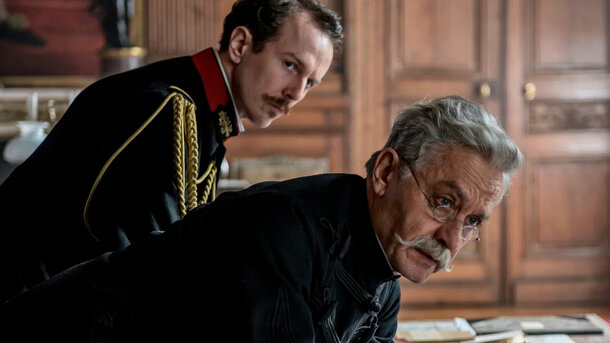It’s been 15 years since Shutter Island was released, but debates about its ending still rage on. Martin Scorsese built the story like a complex puzzle — just when viewers think they’ve figured it out, the ground shifts again. The ending seems to explain everything: Teddy Daniels is a patient in a psychiatric facility, traumatized by personal tragedy and lost in delusion. But is it really that simple?
Fans have long proposed an alternative theory: that Teddy isn’t insane at all, but rather the victim of a cruel manipulation. And the closer you look at the details, the more questions arise about the 'official' version.
The Storm That Shouldn’t Exist
One of the film’s strangest moments is the storm itself. According to the doctors, everything that happens is part of Teddy’s fantasy. But then why does the entire staff evacuate? Why does the power actually go out, and patients escape? That’s hard to chalk up to illusion — the storm clearly affects everyone.

If we assume Teddy isn’t delusional but truly investigating something dangerous, the sudden storm could be a convenient element of chaos used to cover up the truth.
The Mysterious Message: 'Run'
One of the patients seems to be just another delusional woman — until she slips Teddy a note with a single word: "Run." This raises a serious question: why warn a 'mentally ill' man who supposedly isn’t in control of anything? But if he really is a federal marshal, the note takes on a different meaning — it’s a warning about real danger.
The Doctor in the Cave — Hallucination or Witness?
The meeting with a female doctor hiding in a cave is one of the film’s most mysterious scenes. She tells Teddy about secret experiments, lobotomies, and the horrifying truth about the facility. According to the doctors, she’s merely a hallucination.
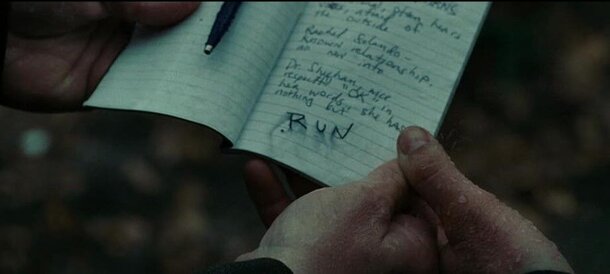
But here’s the twist: she mentions medical details Teddy couldn’t have known. If she’s a figment of his imagination, how does she introduce new information? That suggests the encounter may have been real — and her story, true.
Manipulation Through Subtle Cues
Supporters of the alternative theory argue that Teddy was subjected to subtle psychological manipulation. His partner — actually a doctor — secretly slipped him medication, influenced him through conversations and behavior, and pushed him toward the 'right' conclusions. Teddy’s condition deteriorated, and under pressure, he finally gave in.
The final scene in the lighthouse feels like the breaking point — he’s given a choice he’s no longer able to make freely.

The Last Words — A Hidden Key?
Teddy’s final line — "Which would be worse: to live as a monster or to die as a good man?" — sounds like a conscious farewell. It’s not an admission of madness, but a decision to stop fighting a battle he can’t win. He accepts his fate because he knows — truth doesn’t matter here.
Shutter Island is a rare example of a story whose ending remains open despite appearing resolved. And the more you think about it, the more you sense that nothing was quite as it seemed.
